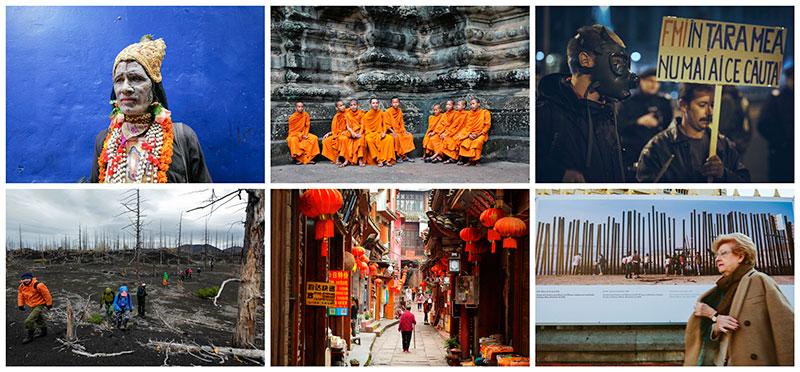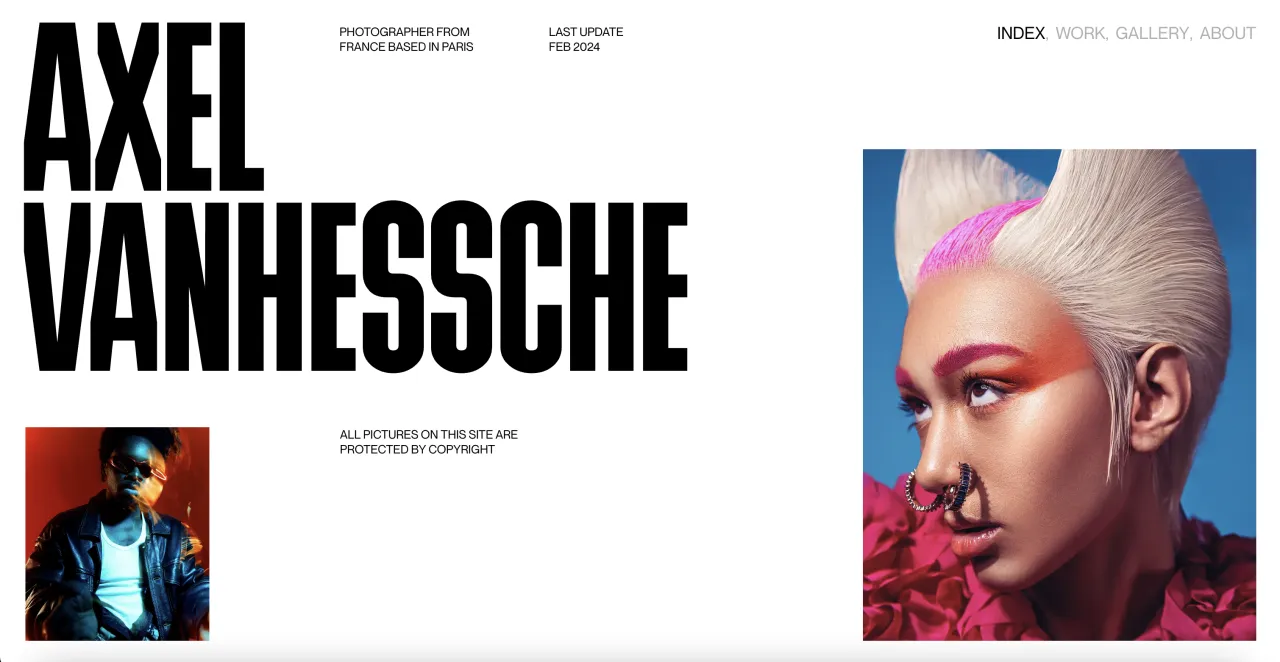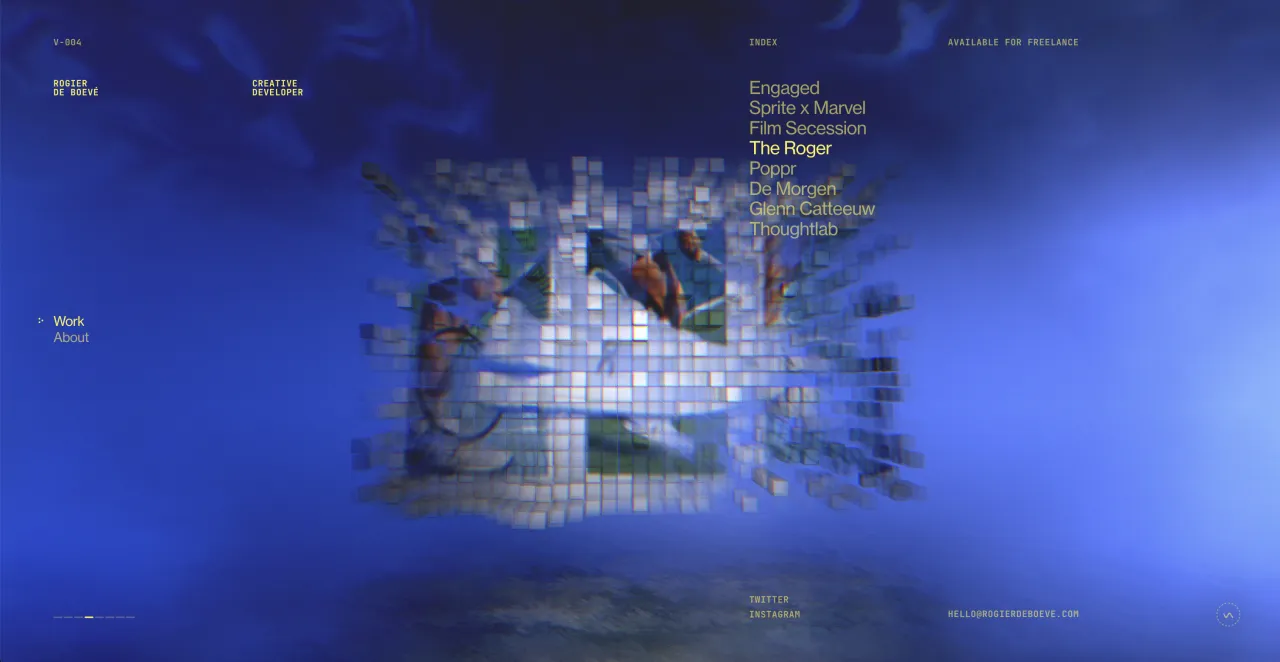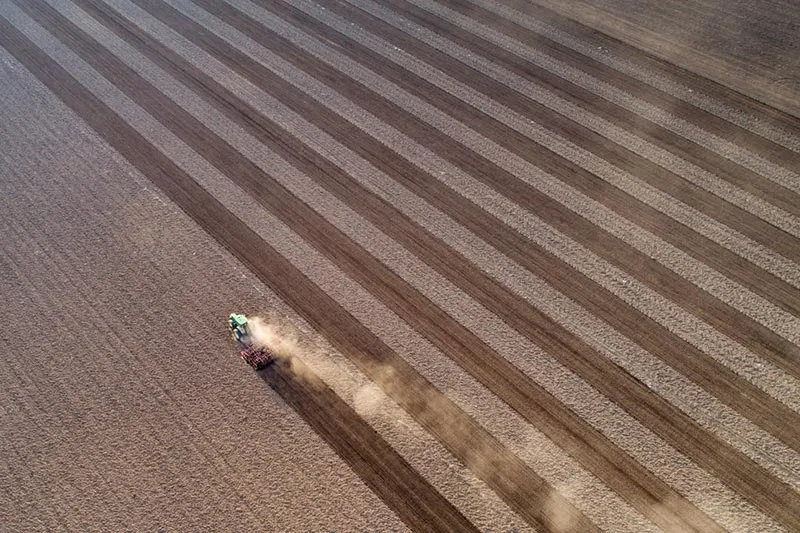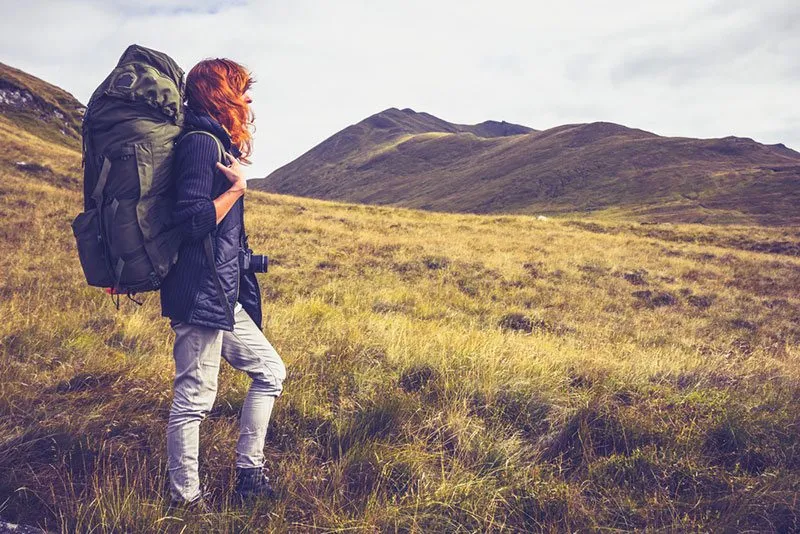A Brief History of Photojournalism and a Closer Look at Impact Photography
Following our discussion about applying the 2018 visual trends to your own photography practice, we thought it would be a good idea to take apart each trend and elaborate on how you can use them for photoshoot ideas. First up – impact photography.
Looking at the scope of photography movements, impact photography seemed to be a defining trend for this year. One of the reasons why it’s a very dense and fascinating topic is because innovations in technology are paving a road to a slightly different aesthetic, providing everyone with cameras at hand.
“To me, photography is an art of observation. It’s about finding something interesting in an ordinary place… I’ve found it has little to do with the things you see and everything to do with the way you see them.”
– Elliott Erwitt
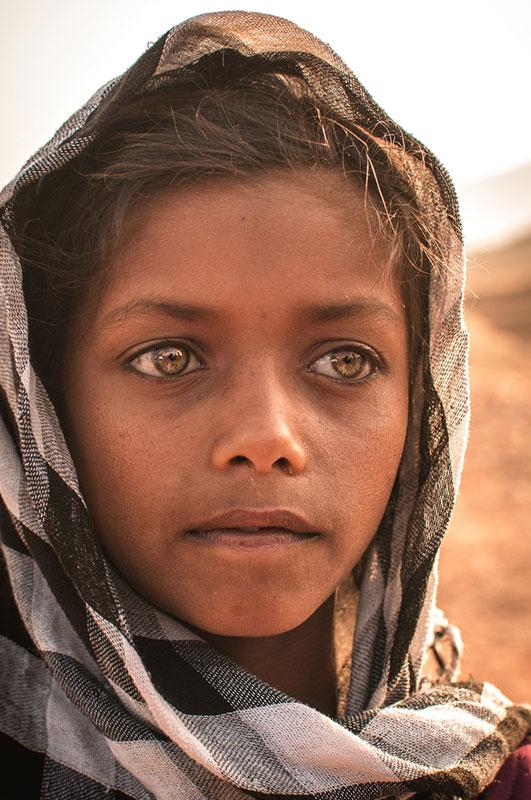
What is impact photography?
A loose definition of the term is a style of photography, closely related to photojournalism, that is used to illustrate an idea, an event or capture a moment with the help of a mobile phone. Impact photography makes us think, look at things from a different perspective and usually can be used to illustrate an important event.
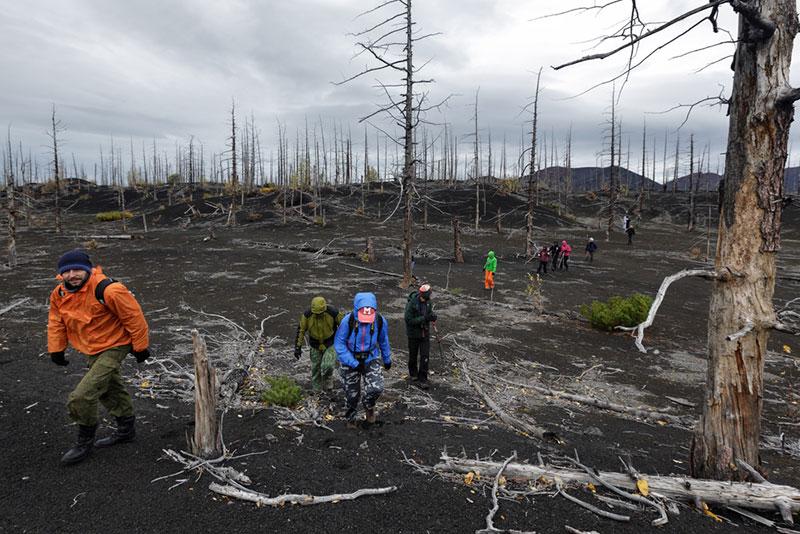
Impact photography does not imply that a photo should have a shocking element. Impact photography can have a touch of humor, or be subtle in the underlying message. It is the type of photography that informs and makes one think. They are also photographs that have a clear storytelling element.
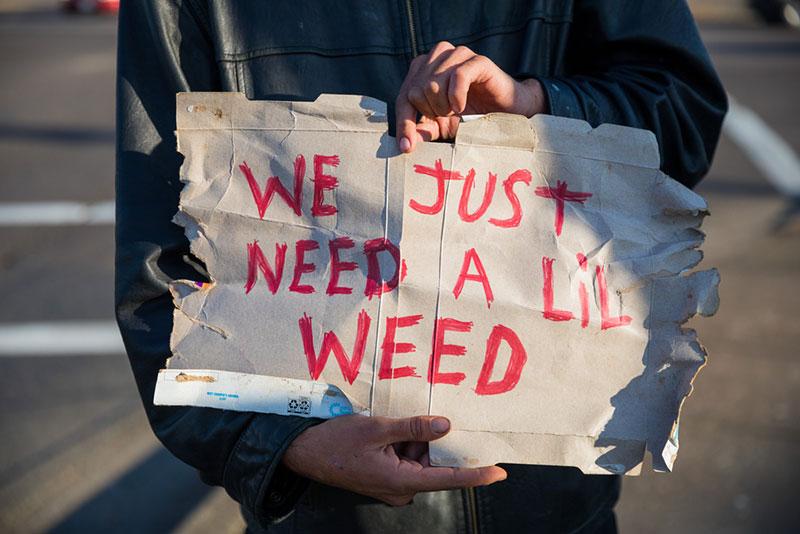
A brief history of how we got here
Photojournalism has been shaping our perception of the world and current events since the mid 19th century. Since then, technology has been changing the sphere and developing to make photography accessible for everyone. This in turn has made each one of us capable of portraying events as they unfold.
Impact photography is a product of some works of photojournalism. They’re images that inform, inspire and alter our view of events. To better understand how impact photography is relevant today, let’s take a walk down memory lane to the beginnings of photojournalism.
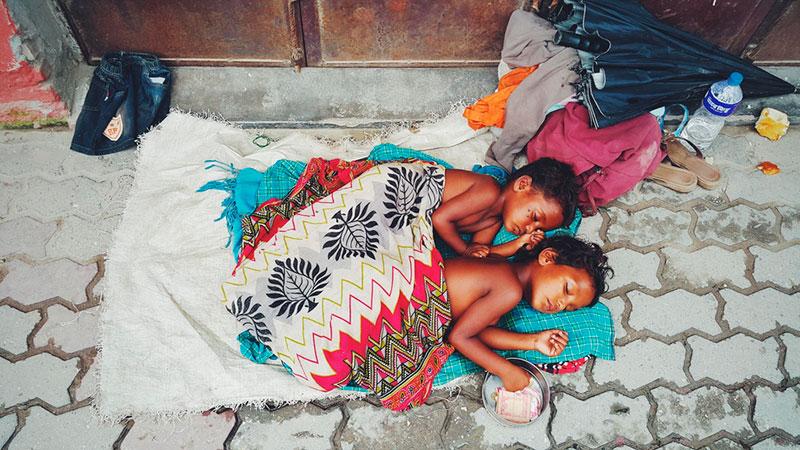
Photojournalism and war photography
Roger Fenton was one of the first photographers to document the Crimean War. He was a war photographer that captured the aftermath and the effects of war. His works were published to inform the public about the harsh reality of the conflict zone.
The American Civil war was also a well documented conflict. Photographer Mathew Brady got permission to travel to actual battle sites and photograph troops before they left. Photojournalism started here, although there were some serious limitations in those days due to the amount of equipment needed to produce a shot as well as limitations in image printing.
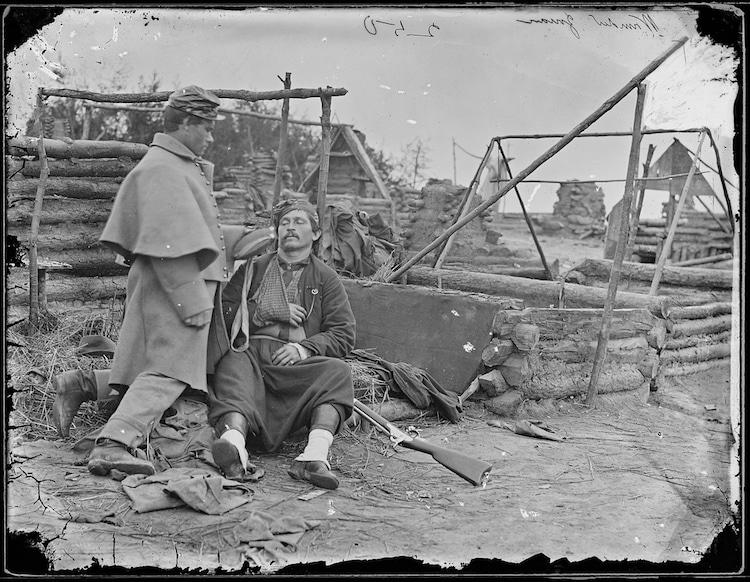
Mathew Brady
Moving on to social documentation
Photojournalism expanded to other areas of life in the later years of the 19th century. Disaster photos and the documentation of war may have started the photojournalistic field, but photographers such as John Thomson and Adolphe Smith put a new spin on things. Together, they started a project documenting the lives of people in London. Thus, an element of storytelling was added.
In the early 1900s, the printing process was sped up greatly. Halftone printing and flash power really pushed the field to new heights. In the 1970s, Jacob Riis documented the lives of immigrants living in slums, and his works inspired social reforms. His work really showed how powerful the role of a photographer can be and how significant photojournalism is to inspiring change.
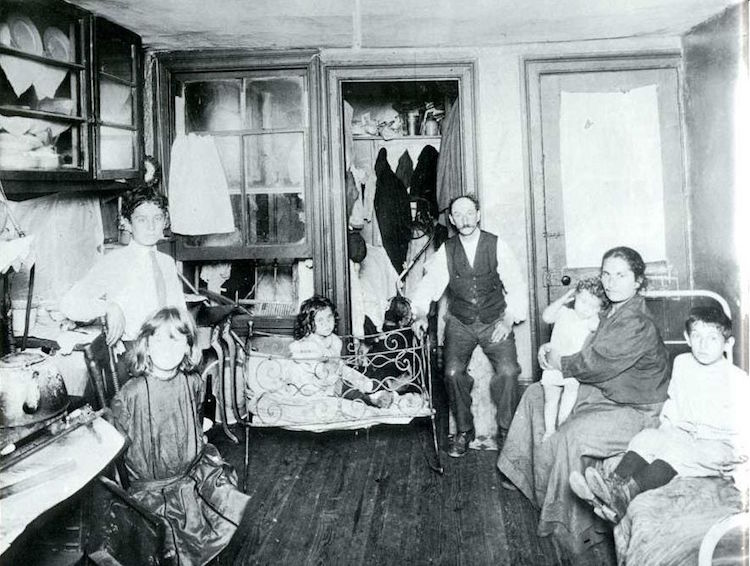
Jacob Riis
Entering the Golden Age
The golden age of photojournalism was between 1930s and 1970s. This was a time when technology allowed for easy delivery to the masses, in return it was met with a peaked interest in this type of photography. Major news outlets like LIFE employed photographers and encouraged photo essays.
During this time, individuals such as Margaret Bourke-White and Dorothea Lange left their mark in the field of photography and photojournalism. Magnum photos was born, who to this day document the great events of the century.
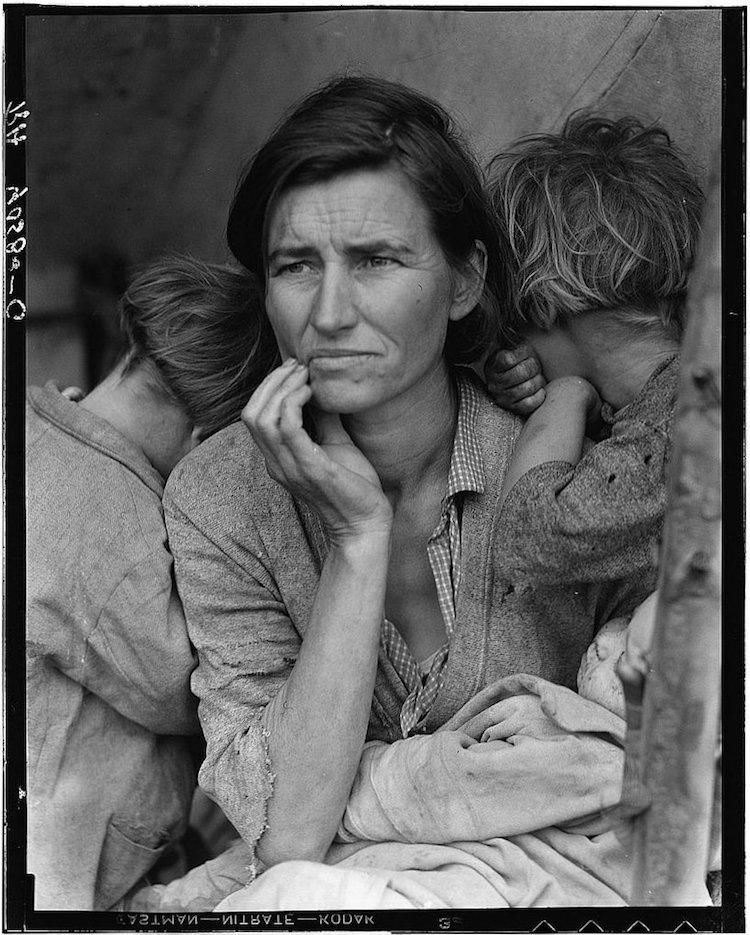
Dorothea Lange
The state of photojournalism today
Photo magazines lost momentum as we entered the digital age but photojournalism remains relevant and continues to be influential. Whereas during the early years of photojournalism, photos were accepted and published as they were, today photographs are easily manipulated. This posed a serious issue with validity, when any photograph can be significantly altered.
Undoubtedly, social media has a big influence on photojournalism. Media outlets can look to social media for photographs to illustrate a story, and high-quality photos can be accessed from anywhere in the world. There’s more to the profession than you’d think. If you’d like to find out more, you can read up more on photojournalism and how to become a photojournalist.
Publications rely on freelancers for content, and social media makes images quickly accessible to them. If you think about it, today we have our phones available with cameras that offer exceptional quality. One photographer, Benjamin Lowy, has become famous for his photojournalistic work with just an iPhone. His mobile photograph made it to the cover of TIME in 2012.
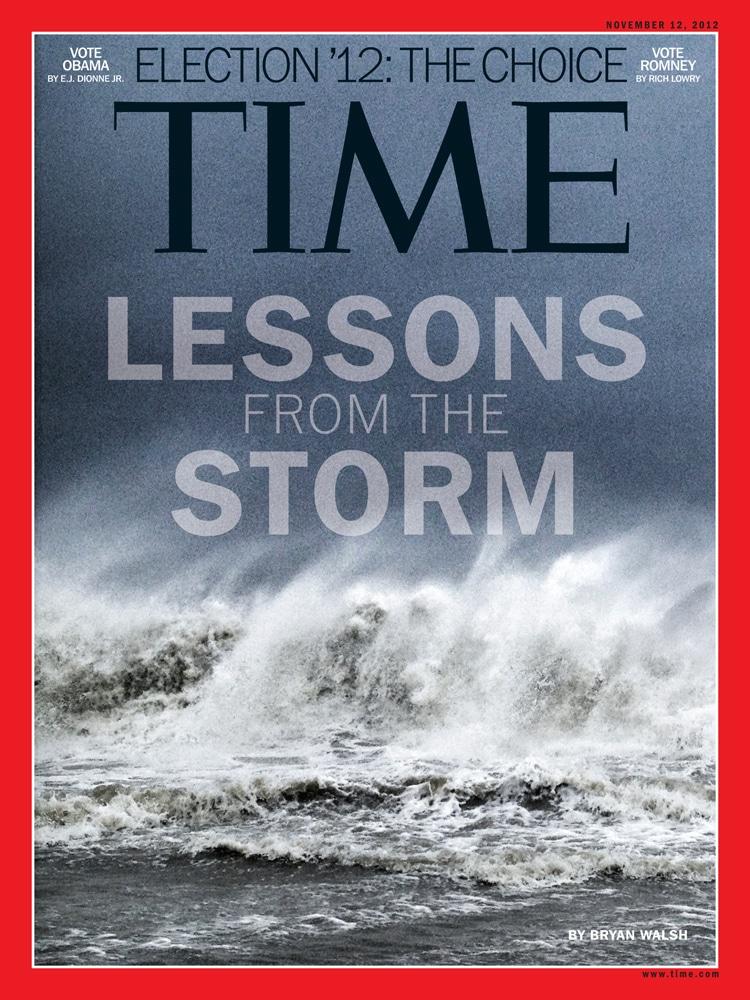
A clear trend emerged
Now that you’ve been briefed about the history of photojournalism, it’s time to divert your attention to a trend that is here to stay. Impact photography is a topic that should be of interest to every photographer. It’s about documenting life as it is, with any tools available to you to help people get a picture of the things going on around the world.
When uploading photos like this to stock photography platforms, you can categorize them as ‘editorial’. These images can be bought by media outlets and be relevant to news stories particular to locations or events.
Impact photography can help you train your eye to pay attention to the details of everyday life that often go unnoticed. It’s not always fitting to produce glossy shots, or use the best equipment for the perfect shots. Perfect shots are all around you, it’s reality that needs a special spotlight. There are no limitations in this genre, simply your trained eye and your interest in the world around you.
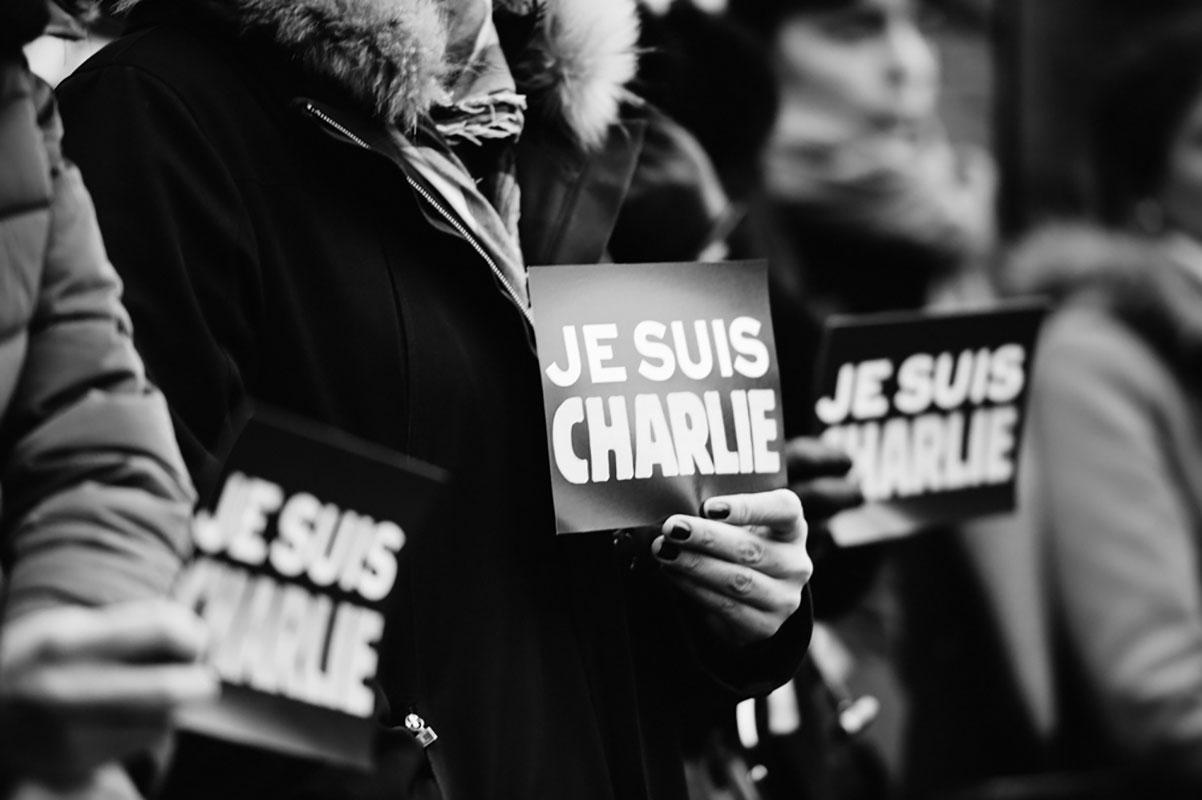
As we’re really encouraging a new perspective on events, we put together a gallery of images that can help you grasp the trend. Don’t be afraid to do something different, apply your skills to a field that has tested the hands of time and inspire others to share news and shine light on important events.
See impact photography collection
